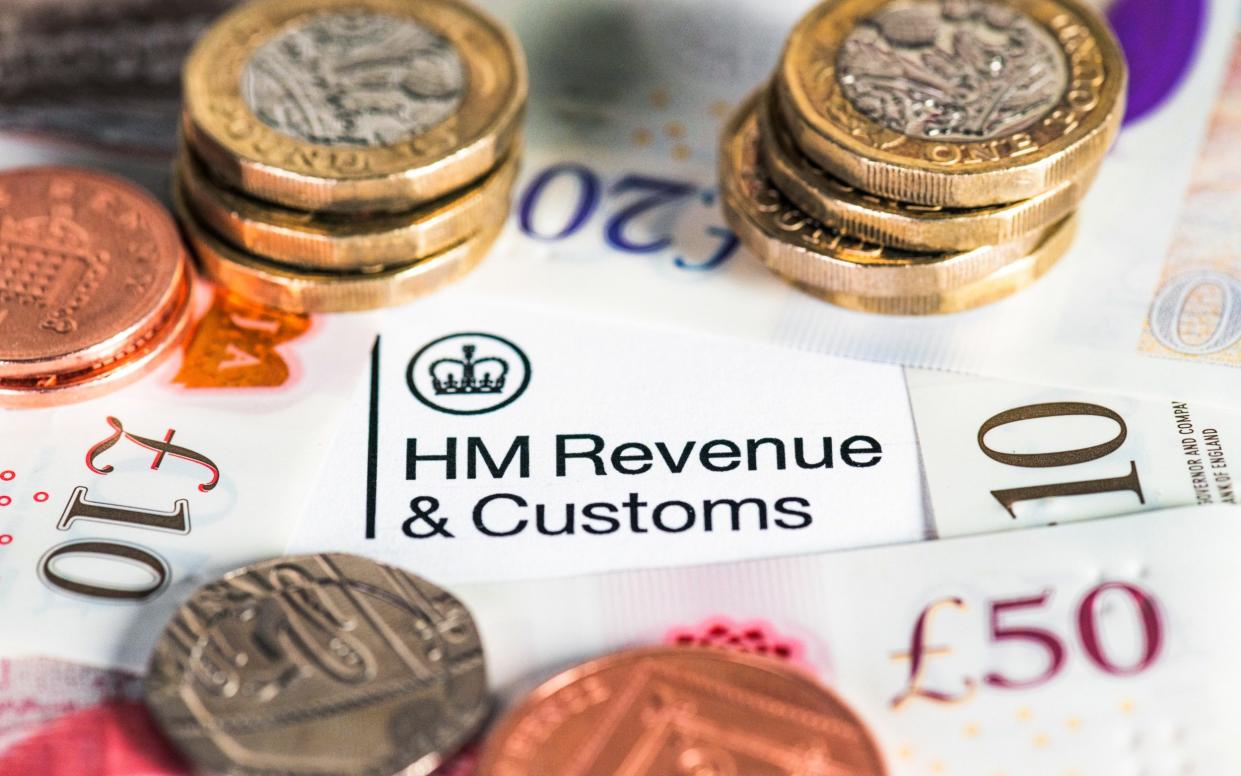Thousands overpay student loans amid failed HMRC crackdown

Thousands of graduates are paying over the odds on their student loan repayments due to a tax office error.
An estimated 16,000 student loan holders have been overcharged by hundreds of pounds because of an issue that was first identified by HM Revenue and Customs (HMRC) last September, but remains unresolved a year later.
The problem affects student loan holders who pay taxes through self-assessment and receive benefits in kind from their employer, such as private medical insurance or a company car.
It arises because HMRC’s self assessment incorrectly includes these payrolled benefits in kind when working out the taxpayers’ student loan deductions. This results in the taxpayer overpaying by potentially hundreds of pounds.
Click here to view this content.
The tax office says on its website: “Currently, our self assessment system is not able to tell the difference between these payrolled benefits in kind and the rest of the PAYE income. As a result, these are included in the student loan and postgraduate repayments calculations.”
Paul Slokan, of accountancy firm RSM, said: “As more employers have moved to payrolling benefits, it has become apparent that there is an issue in the self assessment system for those with student and postgraduate loans. Loan deductions are not due on payrolled benefits in kind that are not subject to Class 1 National Insurance.”
“As a result, a graduate earning £50,000 could be overcharged about £600 in one year,” Mr Slokan went on.
If a worker on £50,000 has a company car benefit worth £5,000 and private medical insurance of £1,500, then the student loan deductions should still be based on their salary of £50,000. However, in this example, HMRC’s self-assessment system would assume the graduate had an income of £56,500.
The majority of student loans have a repayment rate of 9pc. So a graduate earning £50,000 could overpay by £585, according to RSM’s calculations. HMRC said the median overpayment is £44.
Mr Slokan said: “Whilst the amount can ultimately be recovered, it is a cashflow issue that many graduates could do without.”

HMRC has provided guidance on a temporary workaround on its website until it resolves the issue.
Mr Slokan added: “HMRC has provided a ‘temporary’ workaround on its website, but this relies on the taxpayer being aware of the issue in the first place which is unlikely to be the case for unrepresented taxpayers.
“Twelve months seems to be a reasonable amount of time for HMRC to find a permanent fix to the problem.”
The rising popularity of side hustles means that many employees now file for self-assessment as well as being taxed through PAYE.
The Association of Taxation Technicians (ATT) estimated in October that 16,000 student loan holders have overpaid due to the error.
Helen Thornley, of the ATT, said: “It’s important that anyone who completes a self-assessment return, has employment income and receives benefits such as a car or private medical insurance, where their employer has taxed them by including the value of the benefit in the payroll, is aware of the workaround.
“Otherwise, they will end up overpaying their student loan and have to wait for HMRC to contact them to arrange a refund. Unless HMRC is able to change their systems, this will become more of a problem in future years as payrolling of benefits becomes mandatory from April 2026.”
Labour promised during the election to crackdown on tax errors and evasion by investing £855m in HMRC.
An HMRC spokesman said: “We’ve written to those affected to apologise, offer a refund and provide a temporary solution so no-one is left out of pocket.
“A permanent solution will take effect from April 2025.”


